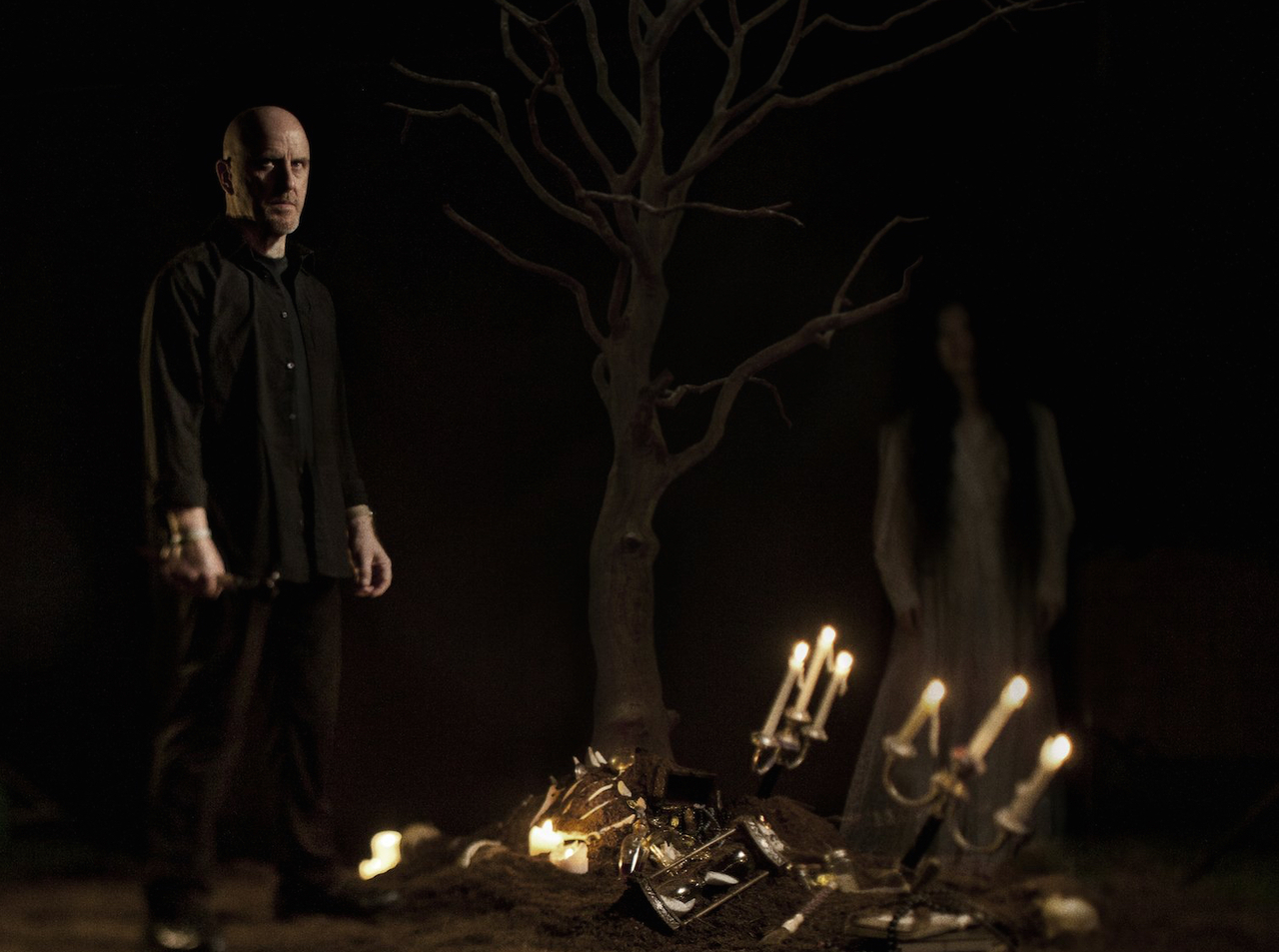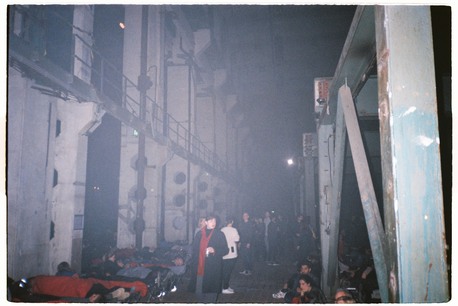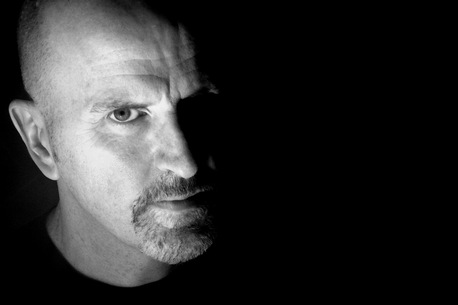What about political views?
I am more of a leftist. I actually call myself a socialist-realist, because, at core, I am a socialist. However, there is also a realistic aspect in this view, as you also have to be practical. I am a socialist because I wish everybody would have health care and a good education, or taking care of those who cannot tend for themselves. I guess it is related to the way I am as an individual; I like to treat others the way I like to be treated myself.
Do you believe in universal basic income and such ideas and if so, how far would you go to support them?
That is why I consider myself a socialist-realist. Ideally, I believe in this concept, but how do you make it work? However, in this sense of sharing, there are those wealthy people who worked really hard, so they deserve what they have and it is quite unfair to take it from them. When we talk about this subject we approach its extreme nature, as we currently are in this state where the wealth belongs to a small group of people. Most people agree this is wrong. But with great wealth comes great power, which further highlights that this small group also has a great political power and a great influence.
But as far as fascists, some people speak through violence and rule by force, which is not acceptable. Take for example Berlin, where if some individuals would propagate Nazi ideas, people would protest against them, they would fight. Meanwhile, a part of the media would say that the protesters represent the left side, when they are actually individuals.
It’s about the right to march and the right to protest, which have always been acts through which people try to stop others. This is allowed to a certain point, however, without using violence. As such, the recent events are a result of the people who support Trump and the empowerment they feel, so they resort to violence and guns. Equally, the other side reacts. So, if you are going to act out and hurt people, you have to be prepared for the consequences. In this case, somebody has to stand up to it.
Yes, but if you act through similar means it only widens the existing gap between the two groups.
Yes, but this is the case for extreme situations. For example, if 800 people in America marched for the Ku Klux Klan, thousands of people would protest. In the Trump case, there are much more people against. There has always been fighting, but now people feel more empowered. They have active trainings and guns, which is very provocative. How do you respond? Of course, you always approach the peaceful methods. However, it has to be line. It’s not the world I want to live in, but here are also a lot of people who support marriage between the same sex or consider persons with a different skin color their equals. Also, you are allowed to have extreme views about these things and speak about them. You are allowed to march against or for these things, but when you start hurting others, we have to stand up together and fight back. History illustrates these situations. For example, in the 70s, in Britain, the economy was terrible and fascism was growing. The skinheads were a working class who were listening to music. There were also black skinheads. That look was taken over by the fascists. So, the original skinheads were not fascists. Anyway, these little skinhead groups would sell their Nazi stuff and they were actually beating up and harassing Pakistani business owners. You could also see them with their pamphlets. We didn’t want such people around, so when we saw them we would try to persuade them to go somewhere else. Unfortunately, sometimes you can only persuade by force, but I am fine with that. The people that used to hang with Jamaicans just gave up the fashion style. It was not like the skinheads moved from a point to another. There were these guys who listened to Jamaican music and were skinheads. At the same, there were Nazis who started dressing like skinheads. As a result, the people who were skinheads no longer dressed like skinheads to avoid the association.
--
*main photo credits:
Tas Limur




